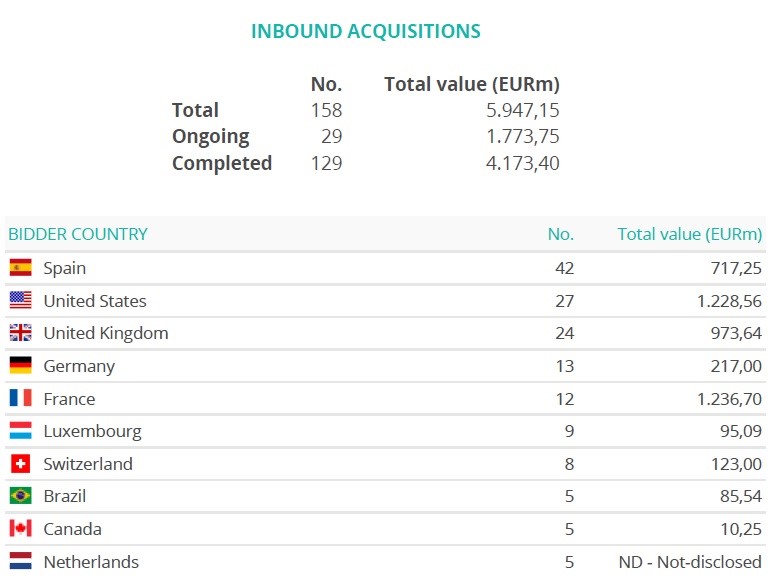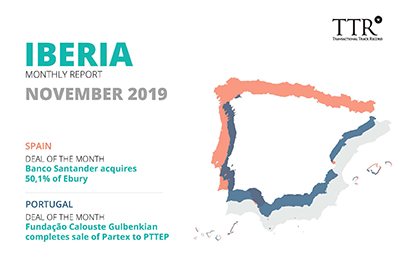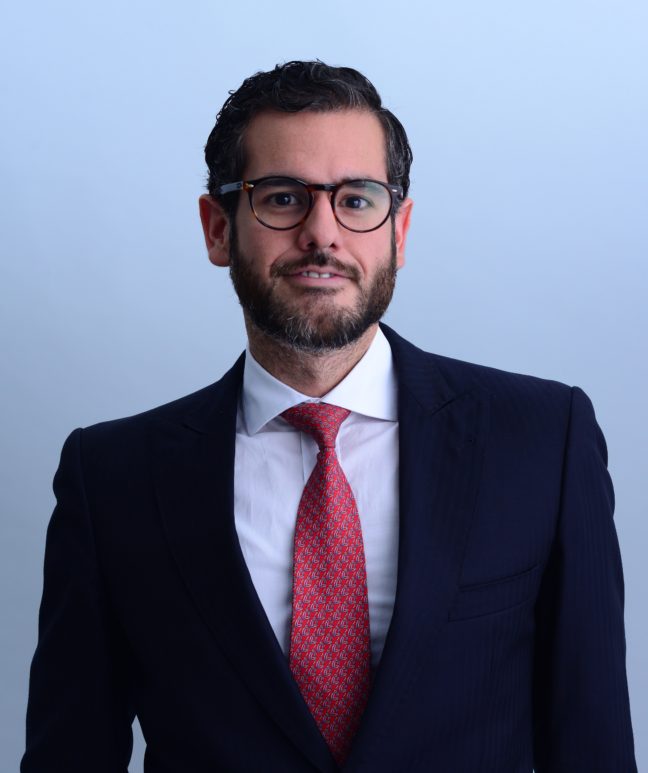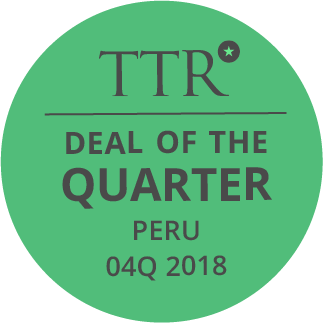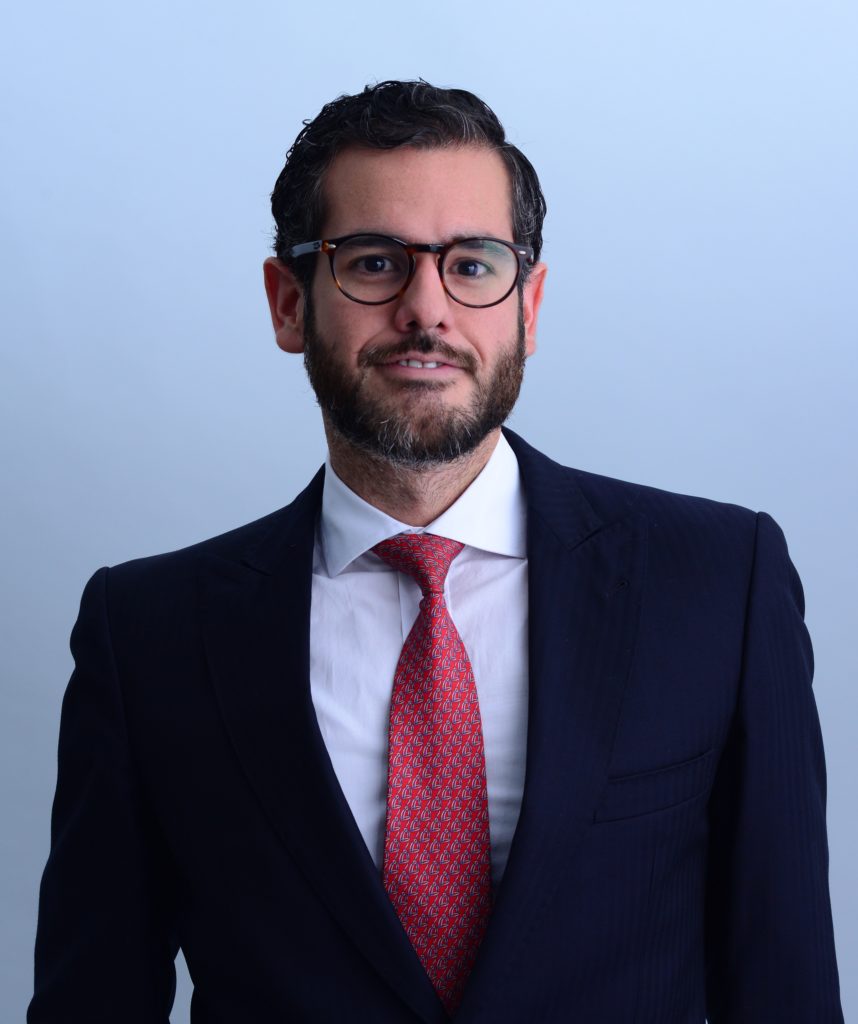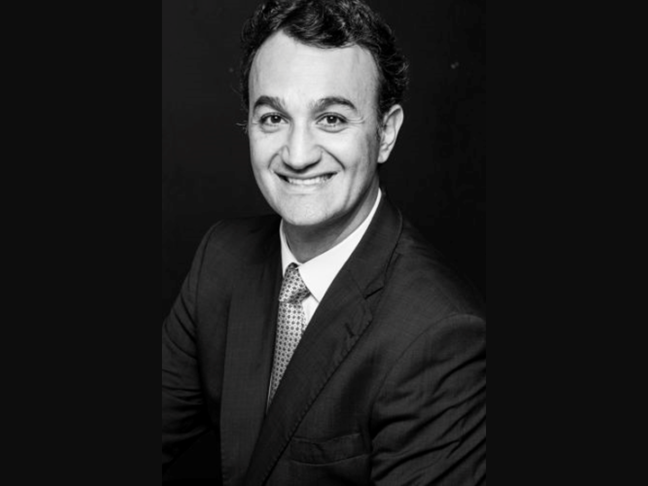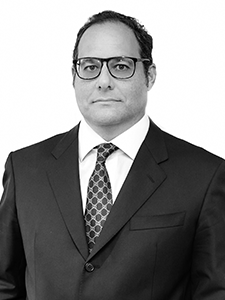Q: How did you land this mandate?
A: It was a referral from Gómez-Pinzón Zuleta Abogados. One of the partners there recommended me to Fluiconnecto. I believe they had a conflict of interest.
Q: How did the buyer identify the target?
A: Fluiconnecto sold its products through Man-Par already and was interested in acquiring shares in the company in order to establish a greater presence here. Fluiconnecto approached the family shareholders who were interested in selling, so we began discussing a transaction.
Q: When did the negotiations begin?
A: We began discussions around February 2014, but the legal aspect didn’t begin until September 2014.
Q: Why did the buyer opt to acquire the company little by little, rather than acquire 100% outright from the start?
A: Fluiconnecto wanted to see the results of the company with their input. It expects Man-Par to achieve great results and if it does then they intend to exercise their call option to acquire the remaining shares of the selling shareholders.
Q: How did the worsening economic situation in Colombia impact the transaction?
A: We thought that it would impact it, but it didn’t. It hasn’t been as good a year for transactions as we thought it was going to be, but in the end Fluiconnecto was so interested in coming here. Foreign investors are still interested in investing here, as they consider Colombia to be a good country for the future and Fluiconnecto thought it a good time to invest now. Maybe things aren’t as profitable now, but Fluiconnecto took a long-term view and expect it to improve in the next few years.
Q: How did Fluiconnecto ensure its place as master of Man-Par’s fate while holding only a minority stake?
A: Fluiconnecto has control of the company through a shareholders agreement. The idea is to purchase more shares in order for them to get 100% of the selling shareholders in the next two years. Fluiconnecto has the right to purchase such shares and has agreed on the price, it’s just a question of Fluiconnecto to exercise this option.
Q: To what extent were antitrust concerns a factor in this transaction?
A: We had to ask for permission from the antitrust authority as Fluiconnecto was already distributing its products here. It already participated in the market and though it was a concern since it already had some clients here, it wasn’t difficult to demonstrate to the regulator that the deal wouldn’t have adverse impacts on the market.
Q: What is Man-Par’s most significant client base and how does Fluiconnecto plan expand?
A: Man-Par sells parts that Cerrejon needs to operate. That’s the biggest client, which needs those parts constantly regardless of how much coal they extract or sell. The company is aiming to get a foothold in the oil and gas market as well as other interesting markets, but hasn’t been concentrating its efforts on doing it up to now. Fluiconnecto will bring its experience here and make a commercial impact here in Colombia with a new commercial model to get new clients and to get into the oil and gas market as well as other markets.
Q: What compelled Man-Par shareholders to pursue a sale?
A: What I understand is that Fluiconnecto approached them. The shareholders are the daughters of the original owner. They didn’t have as much experience as their father in the business and were really interested in selling some of their shares to Fluiconnecto. The sellers had an interest in putting the company in good hands and the buyer approached at a time when the country wasn’t getting as much foreign investment, so it represented a good opportunity for an exit.
Q: What went into the due diligence process?
A: The seller changed lawyers three times in the process. Philippi Prietocarrizosa & Uría conducted an internal due diligence process and shared it with the buyer. Then the seller changed to another local firm before finally retaining Brigard & Urrutia to close the deal. Fluiconnecto hired us to do the due diligence mostly in the foreign trade zone assets and tax due diligence, and used internal attorneys for labor and basic corporate due diligence, which of course we had to verify and confirm when drafting the share purchase agreement.
Q: Why are mid-market European companies still confident in Colombia despite the economic downturn in the past 12 months?
A: Colombia has stable laws, they are sure of what is going to happen and how things will work out, except for the tax law, the rest of it is kind of stable. Tax issues tend to vary from one administration to another and it’s something that changes in every single country. Though this impacts acquirers like Fluiconnecto, it’s likely something that they are used to.
Q: What does this entry in Colombia represent within the context of Fluiconnecto’s ’s regional growth in Latin America?
A: Fluiconnecto views Colombia as one of its entry points into Latin America, since it already operates in Argentina and Peru. It intends to grow profits at the company to present itself on a strong footing within Latin America. We believe Fluiconnecto will likely look at other acquisition opportunities regionally.
Q: What stood out for you in this transaction to distinguish it from other M&A deals you’ve worked on?
A: The fact that the sellers changed their lawyers three times was really challenging. These kinds of deals are quite complicated, and if you don’t have a sophisticated counterpart it’s quite difficult to deal with sellers when they aren’t used to this kind of transaction. The negotiation with the sellers was really complicated; they didn’t understand how it could work through a contract giving the buyer control in a minority stake acquisition. It is quite common practice if the financial contribution is going to be really significant. The buyer is also granting financing in the form of loans, so the financial effort from Fluiconnecto is really significant and that’s why it is getting control even before purchasing a majority share.
Q: How was the purchase price arrived at?
A: Fluiconnecto valued the target and started negotiating the price with the sellers – this was an unusual way of handling the deal from a seller’s perspective. We tried to make everything as fair as possible and as simple as possible. They only hired Brigard & Urrutia in February or March 2015 as their final legal advisor for the deal.
Q: Did the difference in corporate culture impact the deal in any way?
A: Because of the relative size of both companies, the way Man-Par handled their business was very different, but because Fluiconnecto was already working with Man-Par as a distributor of its products, it was already familiar with the way they handled the company and the different ways of doing business didn’t prove to be an obstacle.


